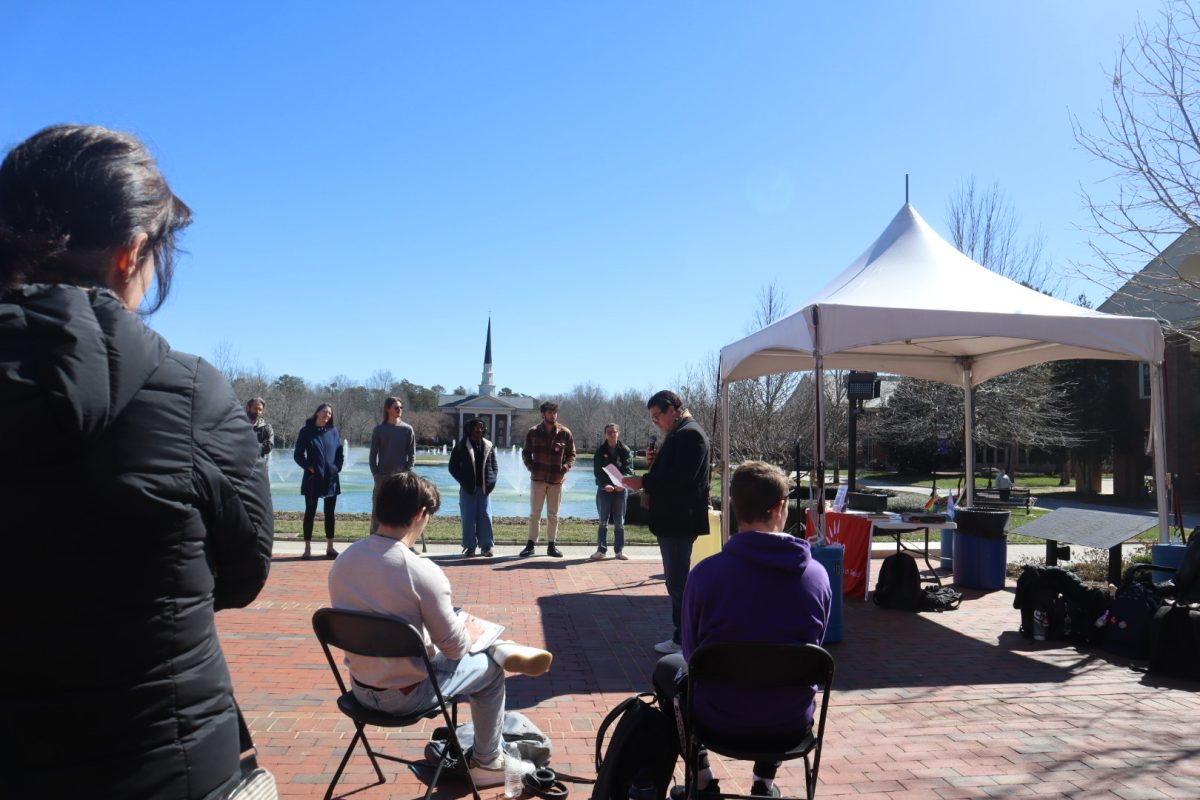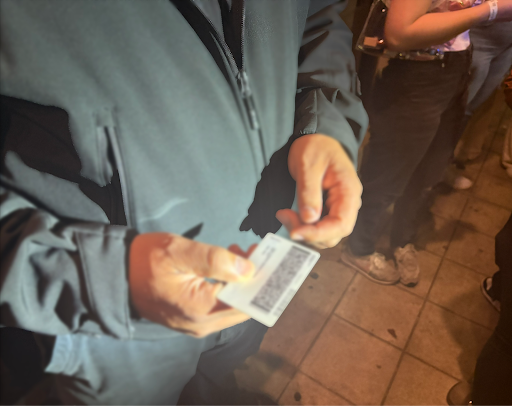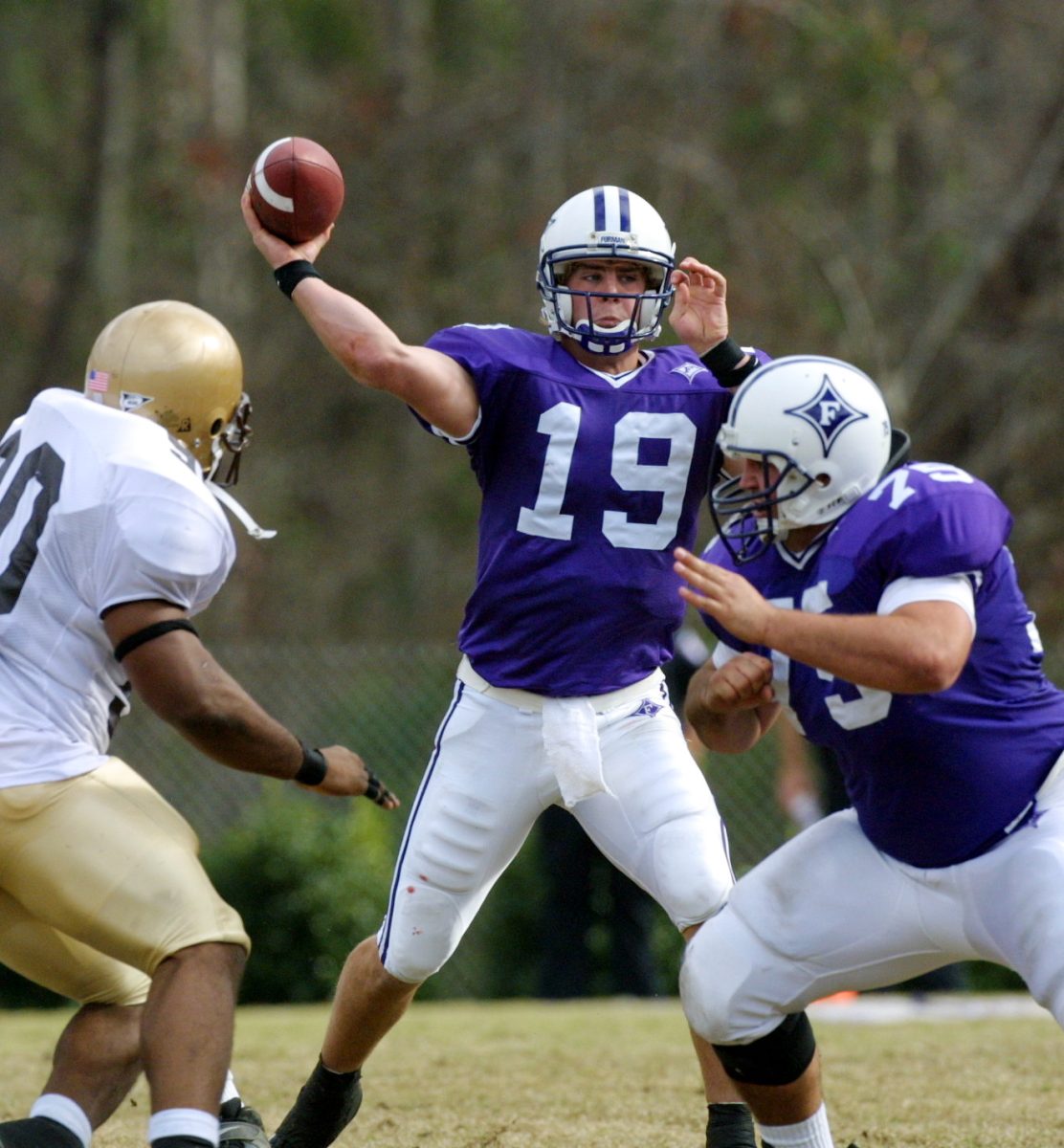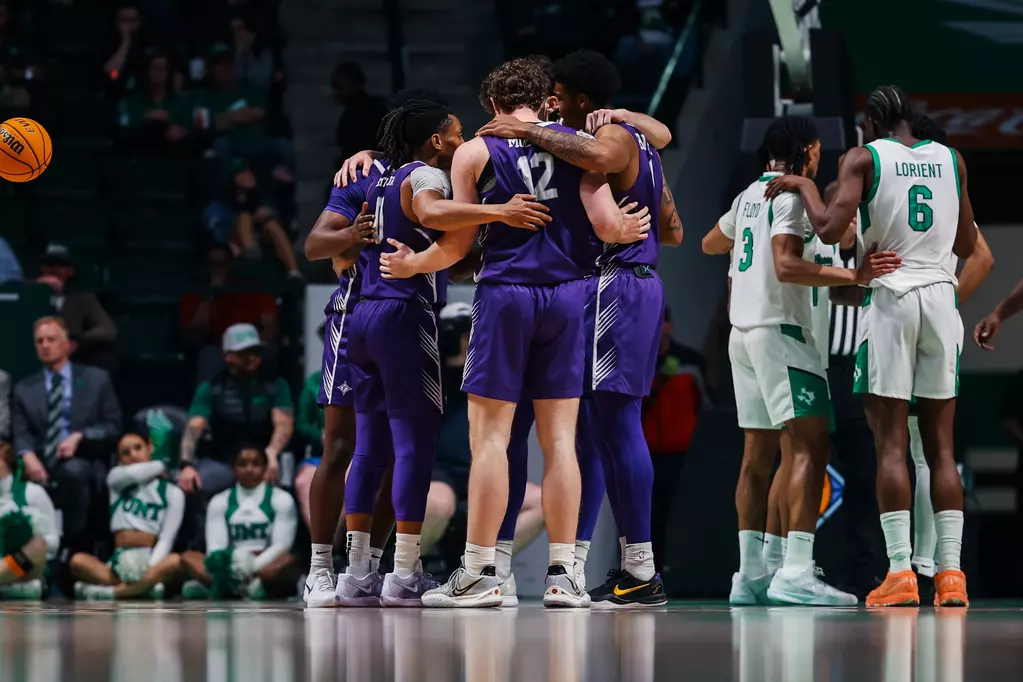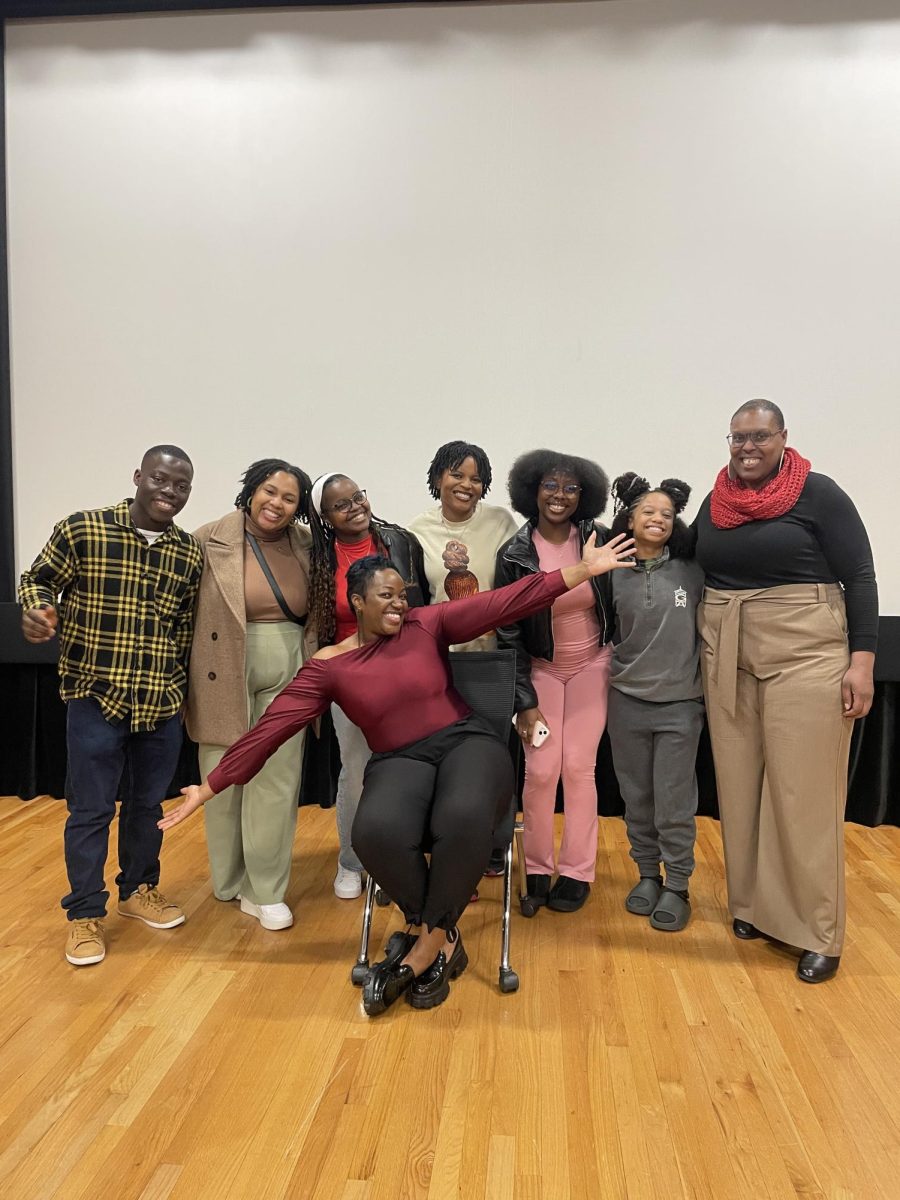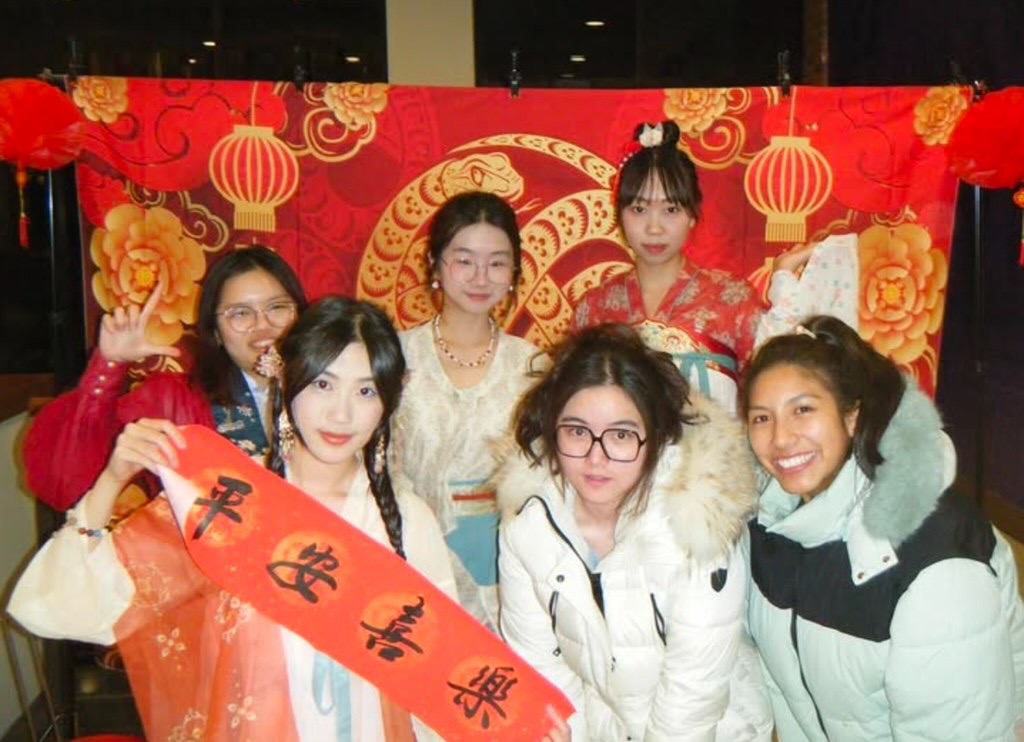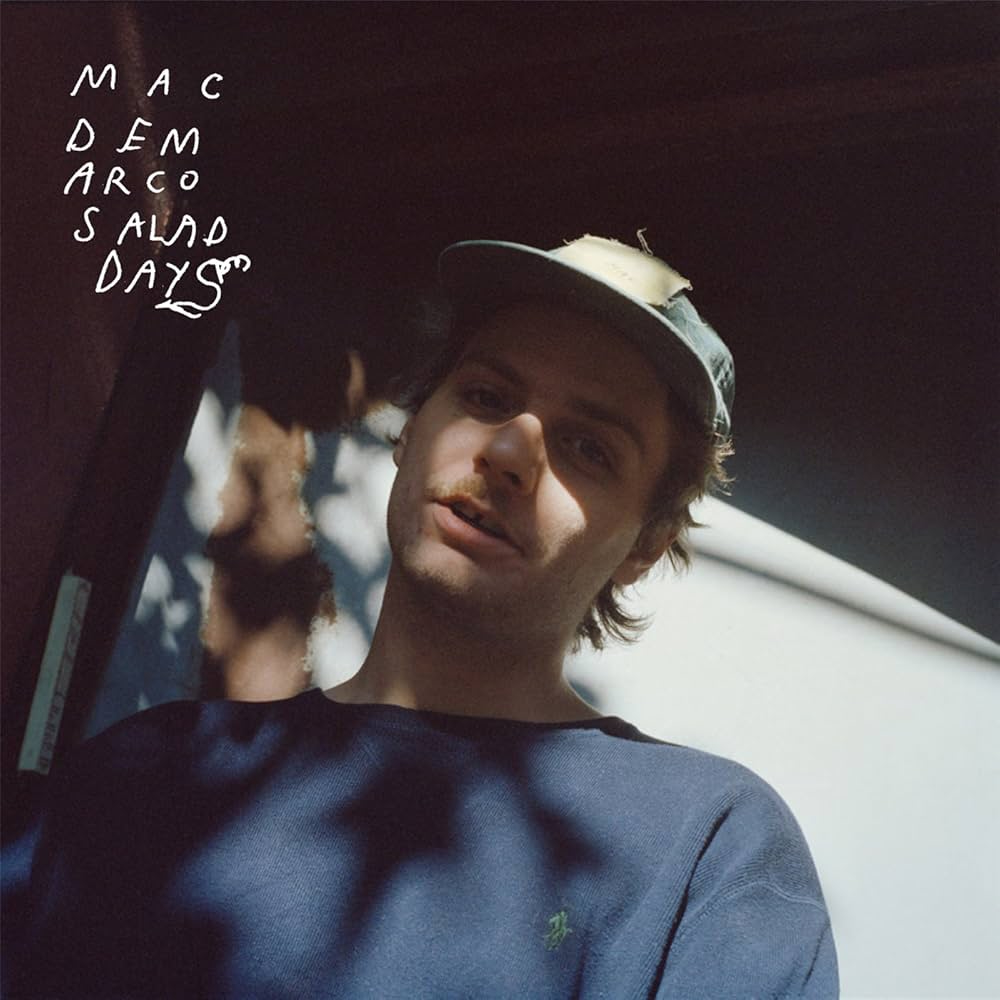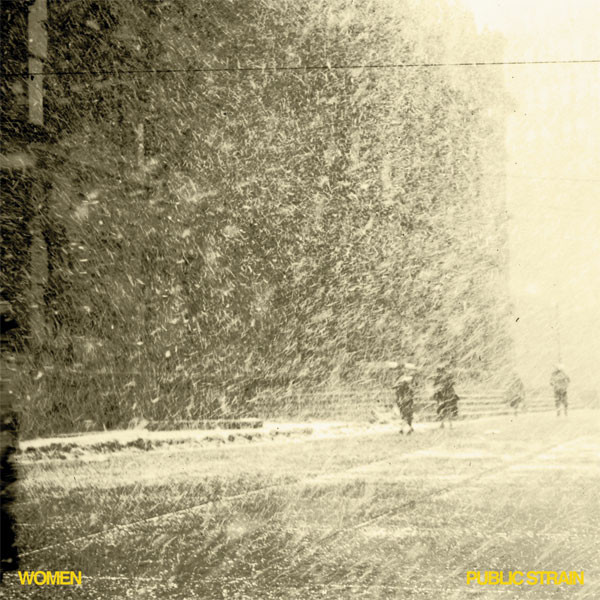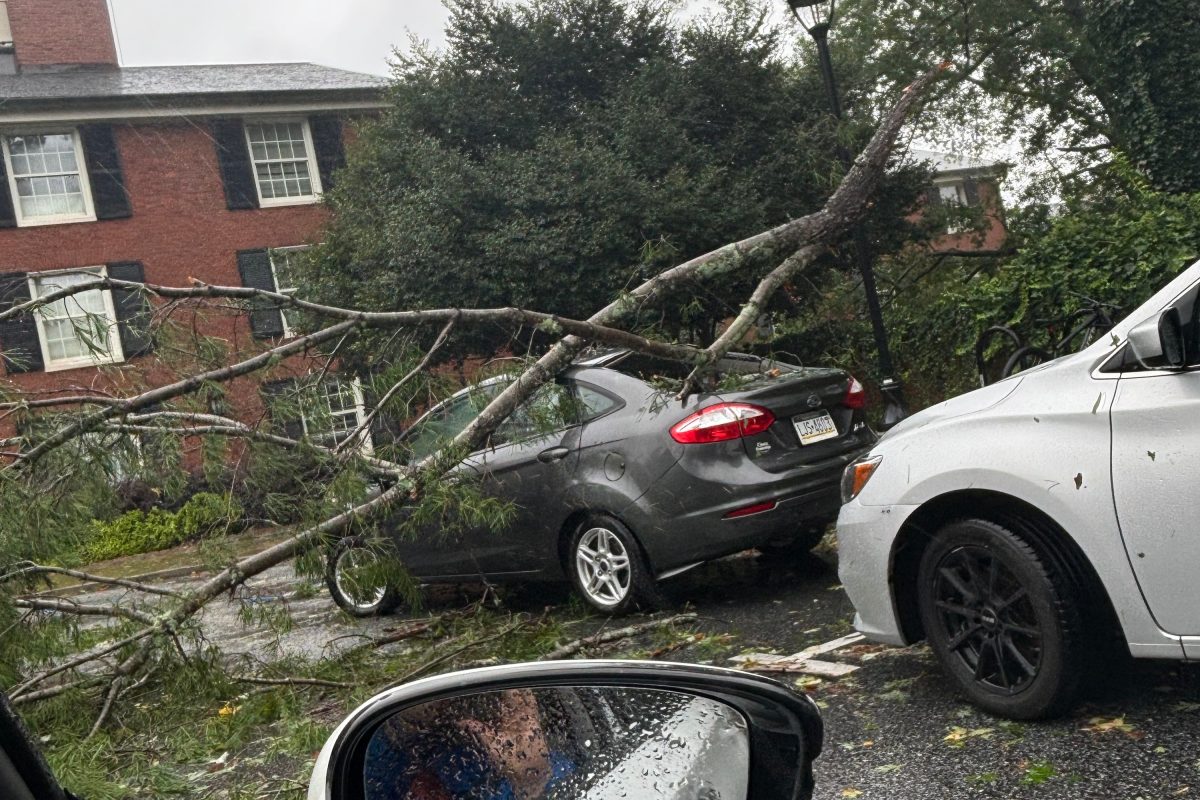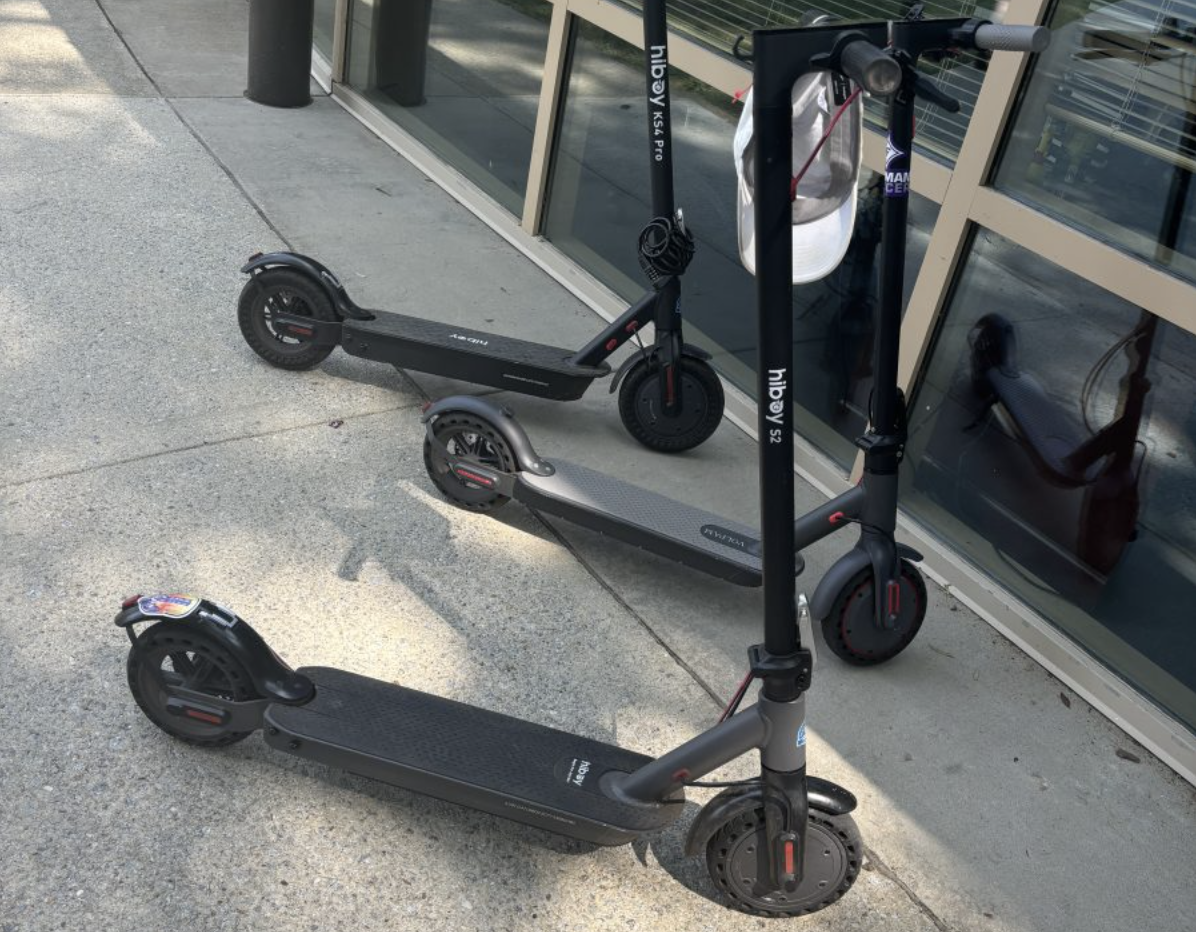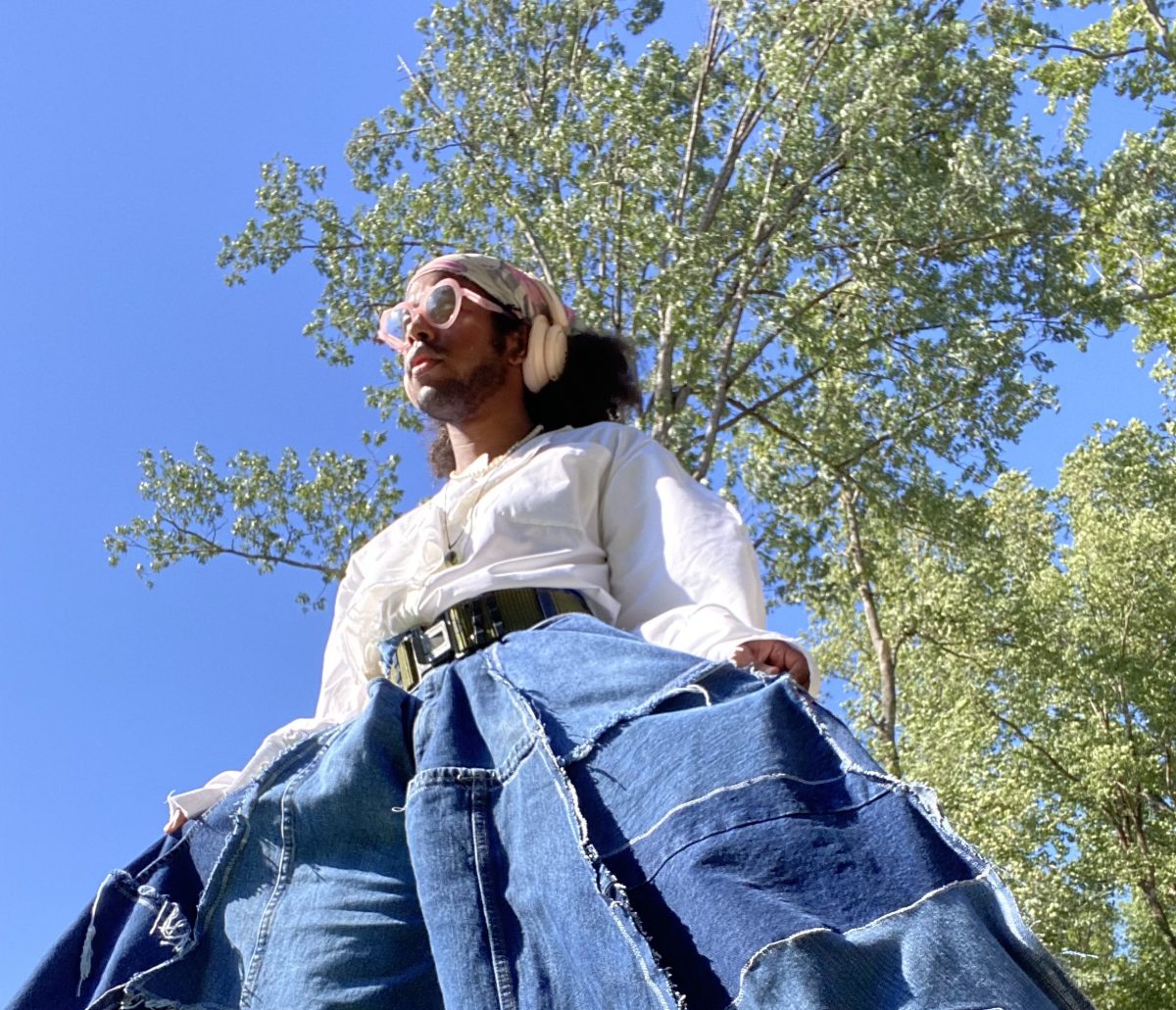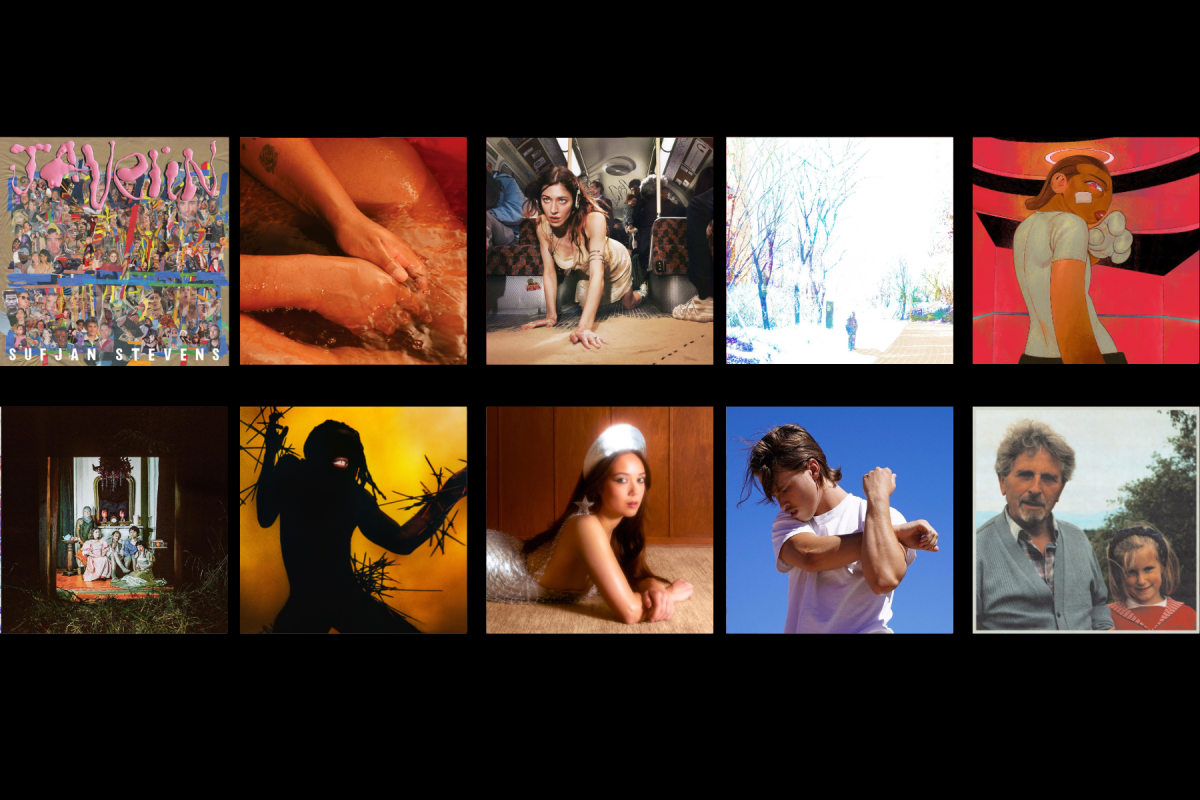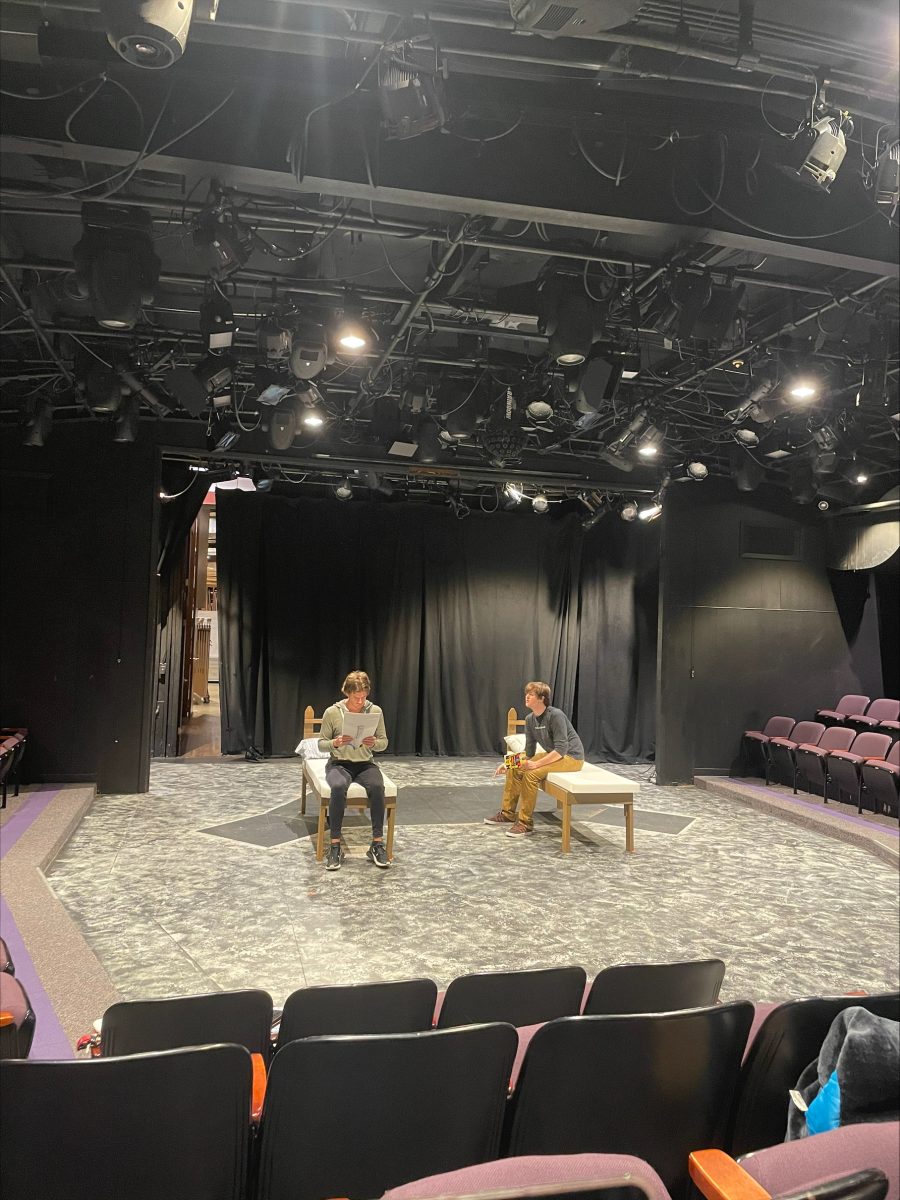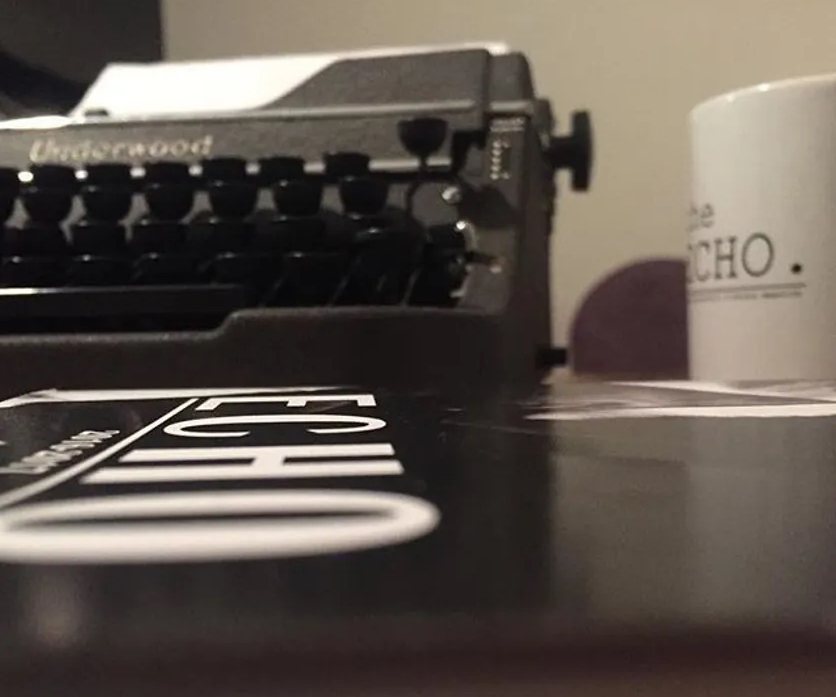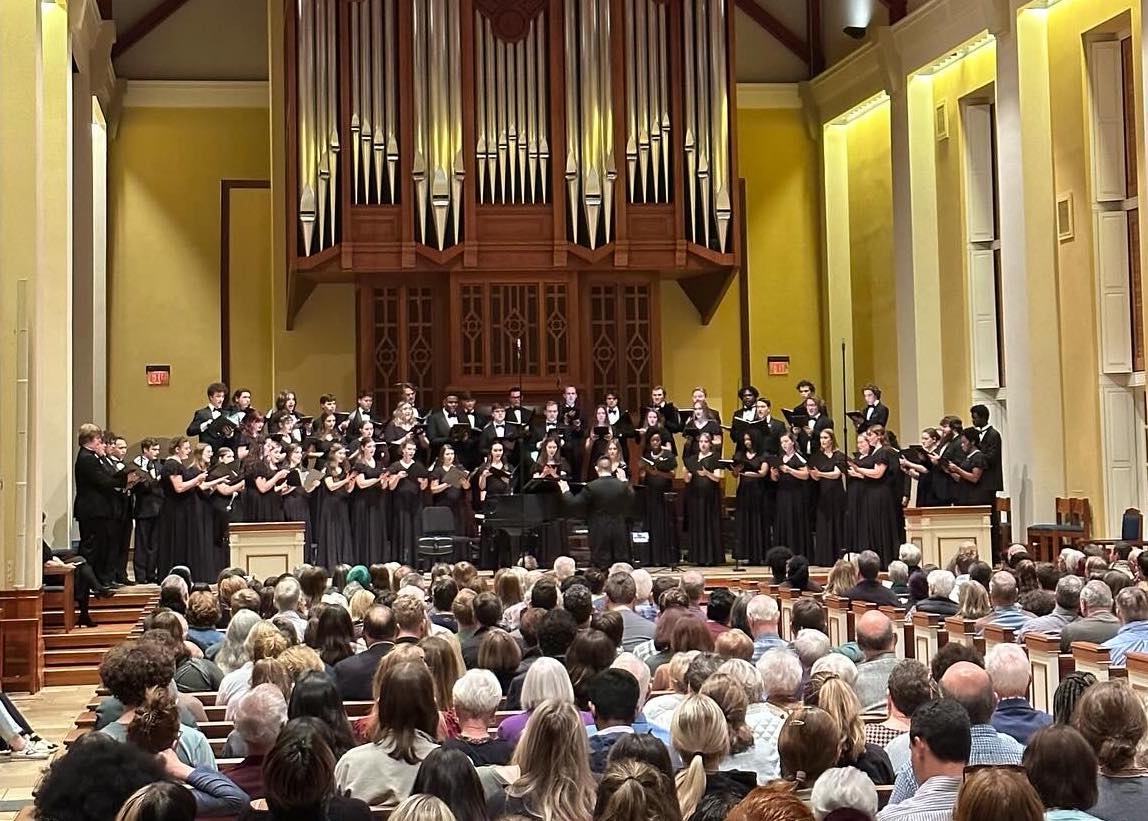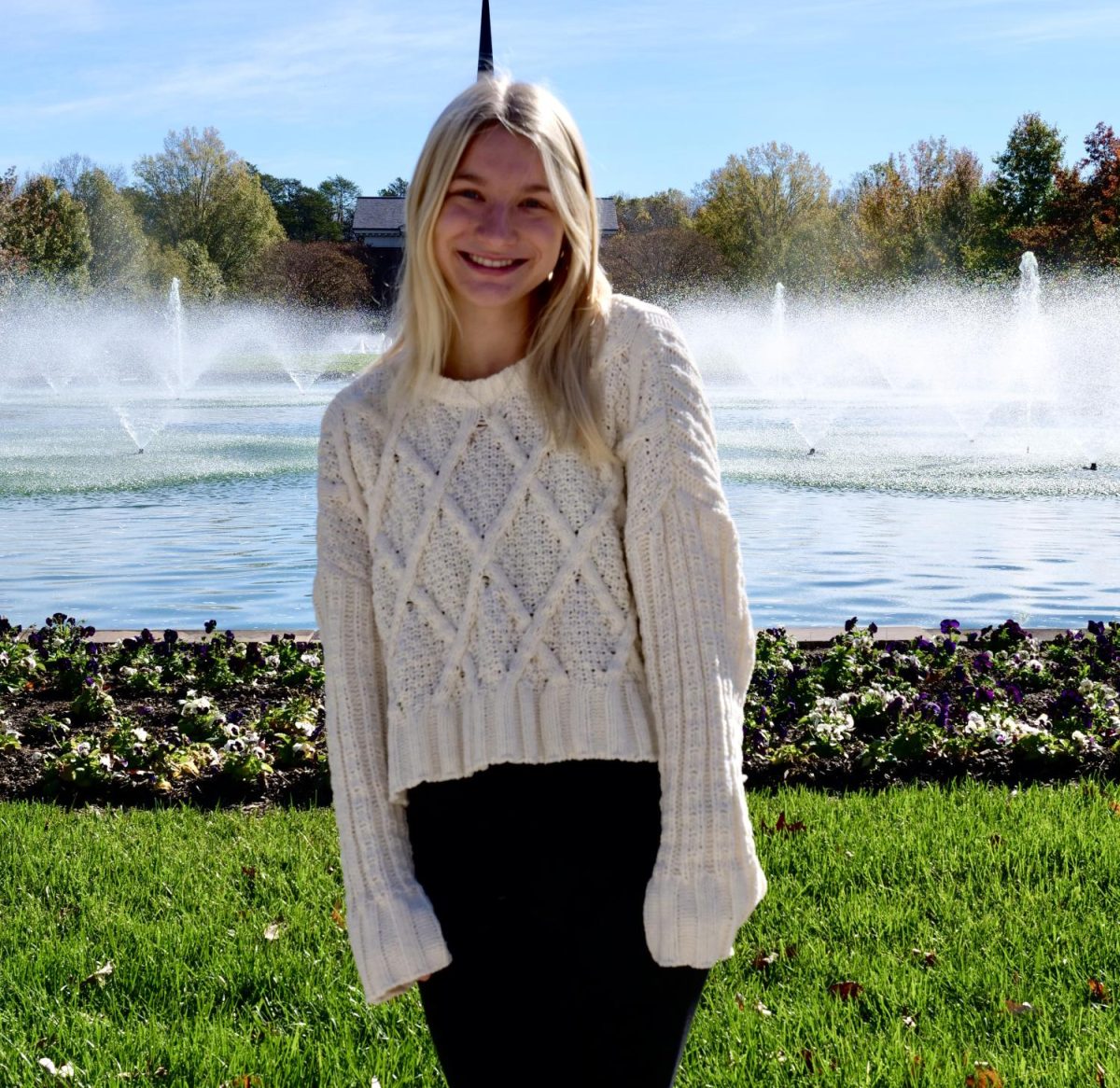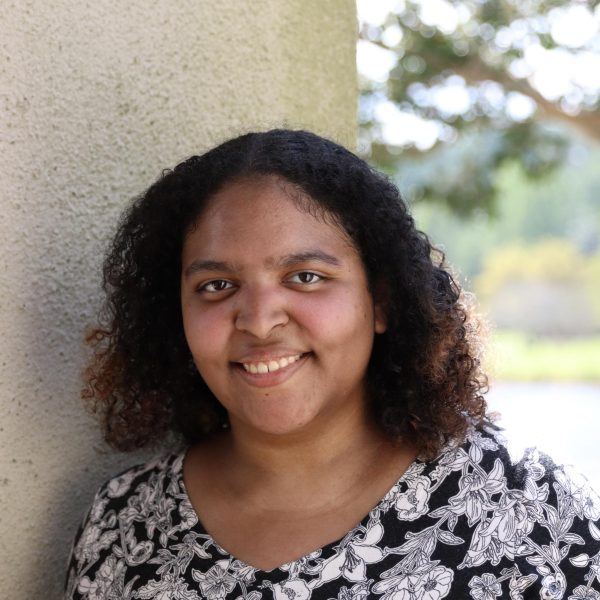Furman’s campus has a number of underground creatives. David Jones, a junior Theatre and Studio Arts major and burgeoning fashion designer, is one of them.
Jones found a spark of inspiration during their junior year of high school when school was suspended due to the COVID-19 pandemic. With regular paychecks from Walmart and a plethora of free time, David began creating clothes of their own. Now, they are designing and making important costumes for Furman Theatre productions, including “Late, A Cowboy Song,” and “Our Tempest.”
“I had always wanted to make something,” Jones says. “I had previous experience from buying clothes from thrift stores and making alterations to them to make them fit and look different. Buying a sewing machine seemed like the next logical step.” Three years later, he has found his forte in creating signature clothing using tapestries and patchwork.
In growing as a fashion designer, Jones is inspired by artists who “really know their craft and what needs to be pushed and what needs to stay the same for themselves and their art.” In his own work, he enjoys telling stories and often approaches a project by “creating a character in [his] head to tell the story of the piece.”
Jones also enjoys weaving pop culture and history into their designs, oftentimes by incorporating quotes or iconic phrases. Currently, they are working on a capsule collection inspired by the 1975 documentary “Grey Gardens.” Describing their process, Jones says they “consume every possible piece of media or reference to that media [they] possibly can,” and then record the fabrics, textures, smells, sounds, and other things that remind them of it. For their “Grey Gardens” collection, they pondered what fabrics represented America, which to them included denims and fabrics that were red and blue.
For this series, they were inspired by Edith Bouvier Beale, or “Little Edie,” a star in the documentary who comes from a wealthy family but eventually falls into poverty. For that reason, she is surrounded by a life of wealth that she herself can no longer access. To help represent this decay Little Edie experiences, Jones is utilizing reworked materials. He also aims to represent the character of Little Edie herself, who views dressing up as a performance. “I ask myself, how can I put performance into the clothing? What am I performing?” he says.
Although he is searching for a more permanent place to sell clothing, Jones currently sells clothing on his Depop and promotes his work on Instagram. When they do not have a particular person in mind, Jones makes their clothes in a medium size, but they note that they strive for inclusivity and will work with a customer to make clothing in their size.
Jones hopes to eventually work on professional productions and continue producing clothes outside of the context of plays, such as capsule collections on various topics, subjects, and pop culture events.
Jones’s ability to intertwine his love of fashion with subjects he is interested in creates unique looks that demand a second glance. As we eagerly await what he will create next, it is clear that David Jones has already solidified himself as a talented fashion designer in the Furman community.



